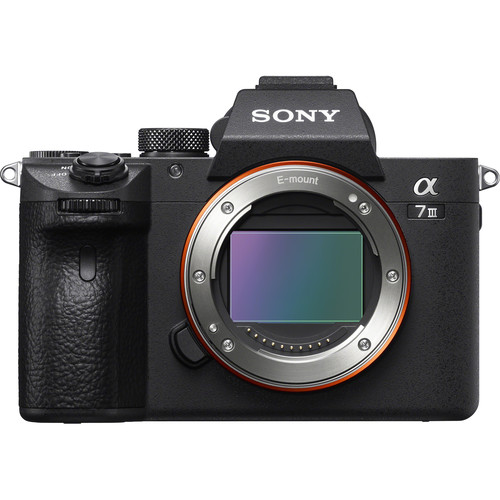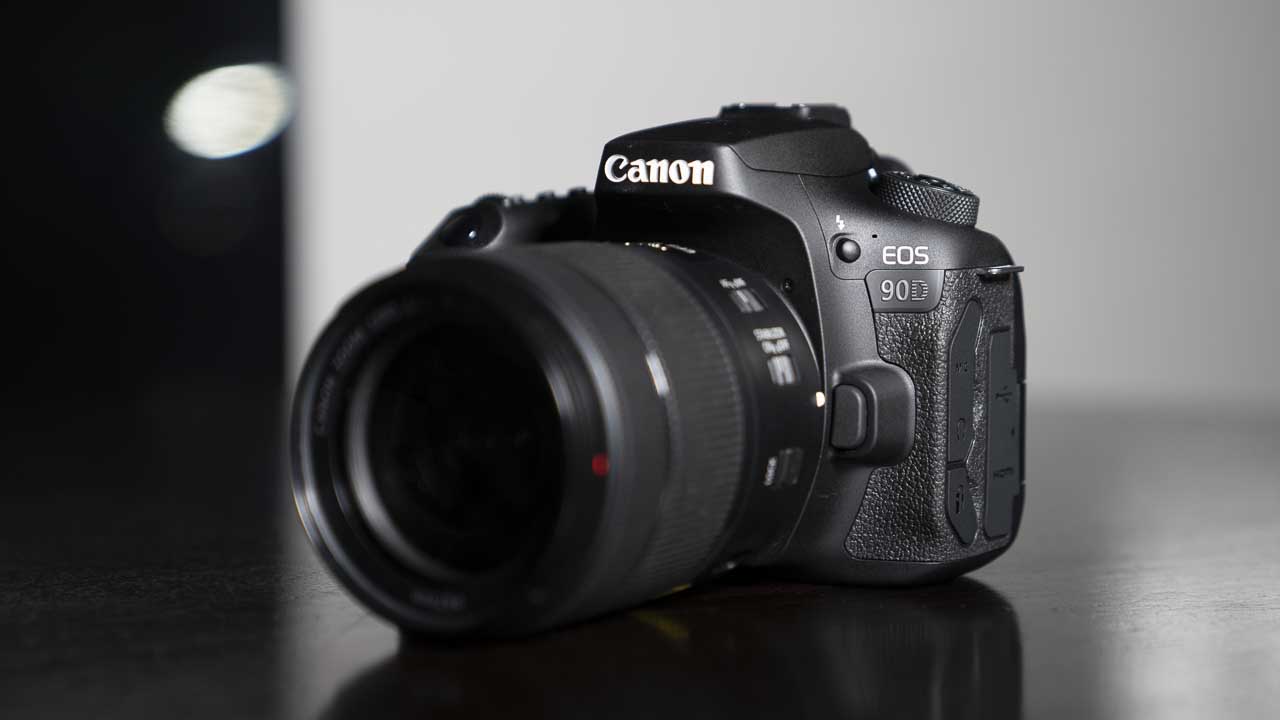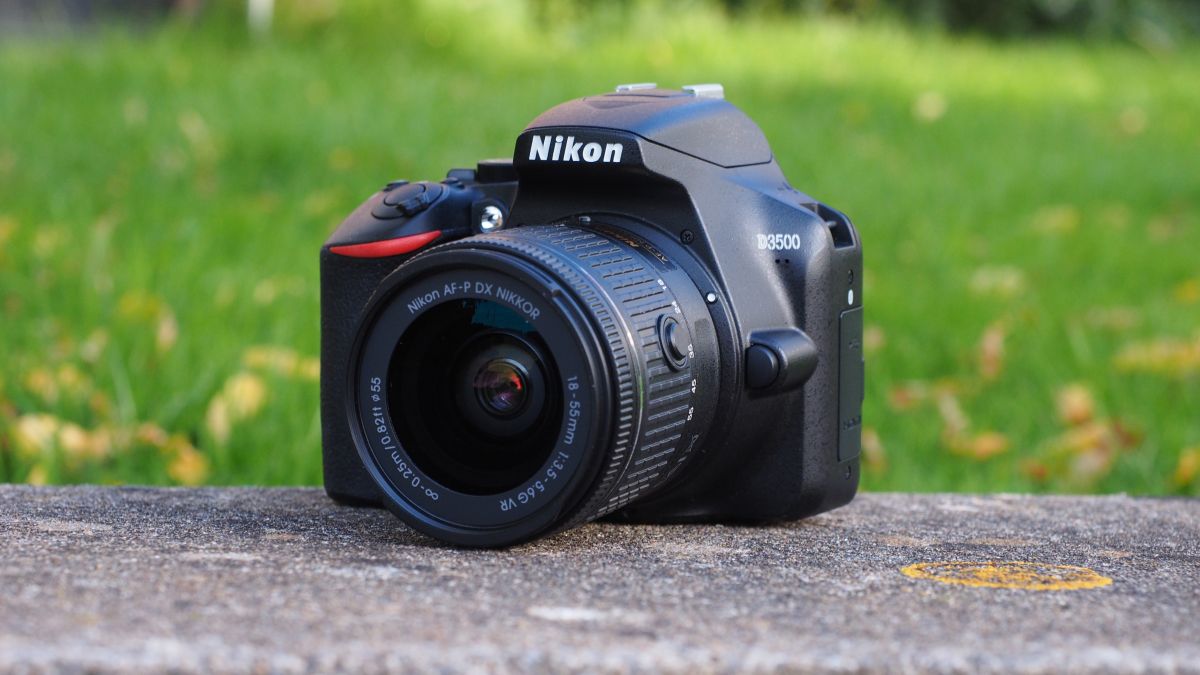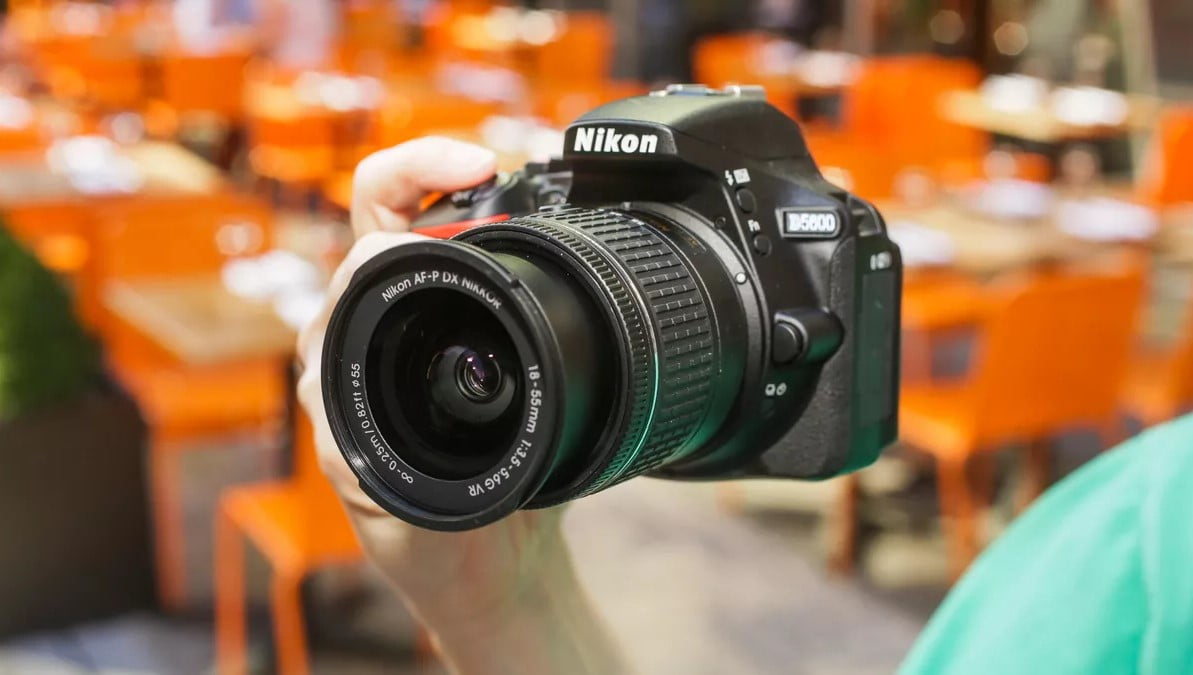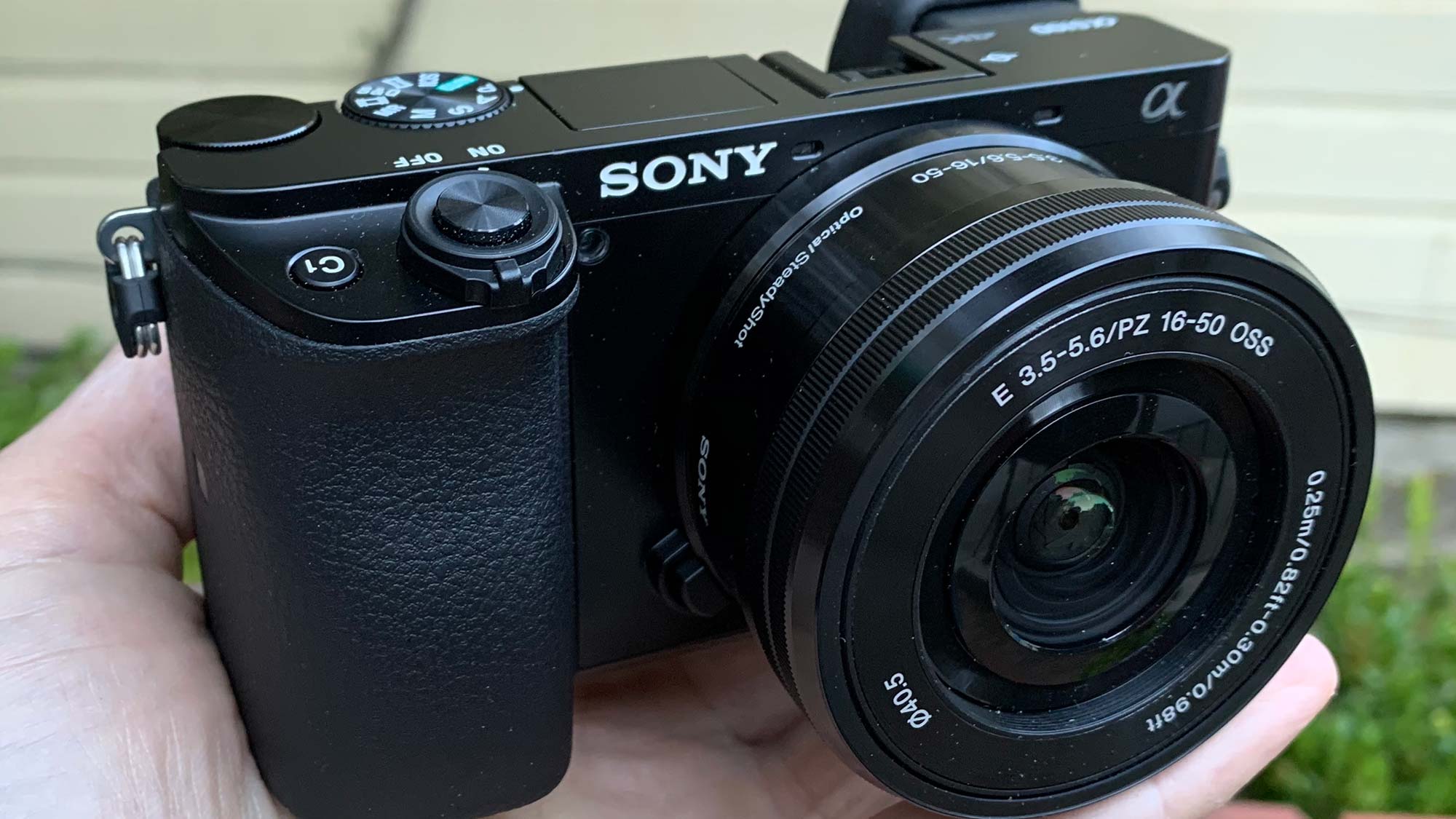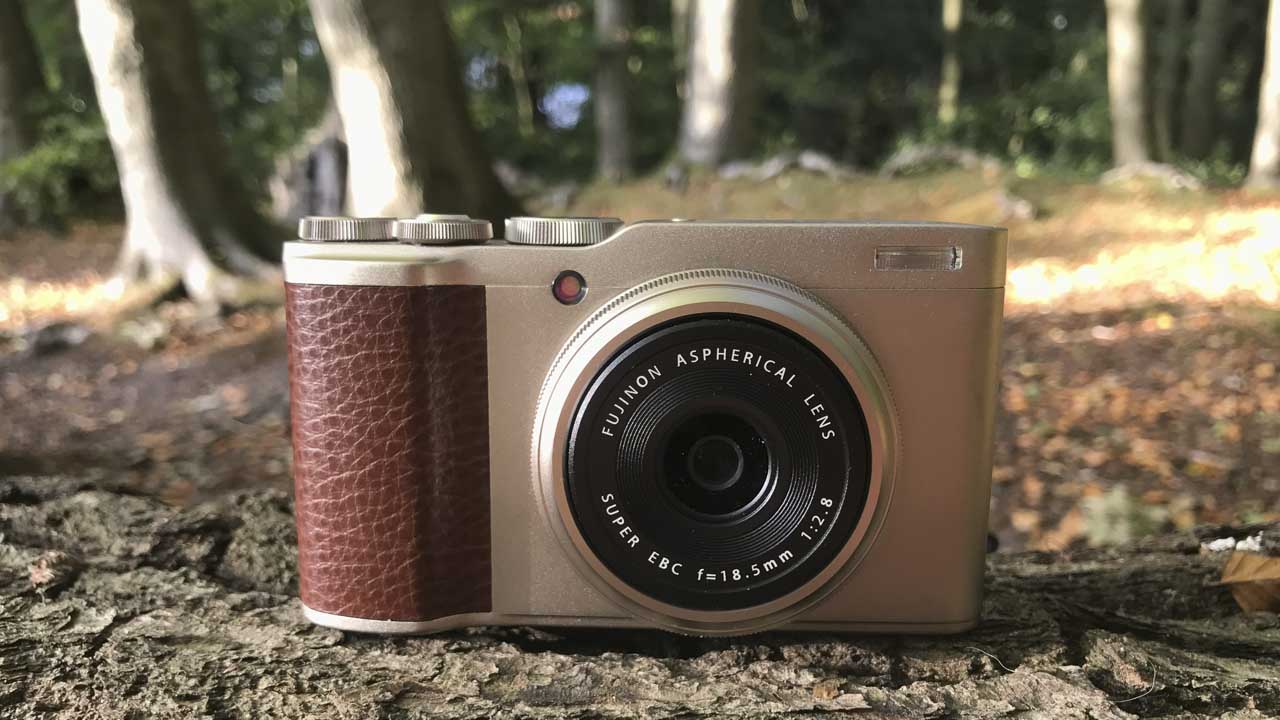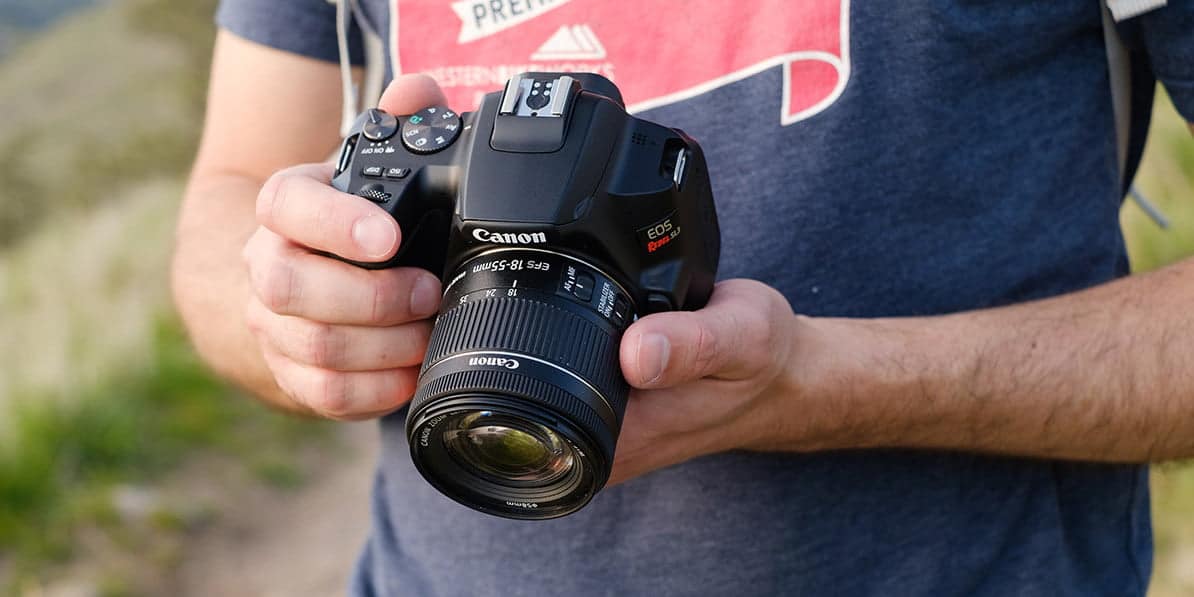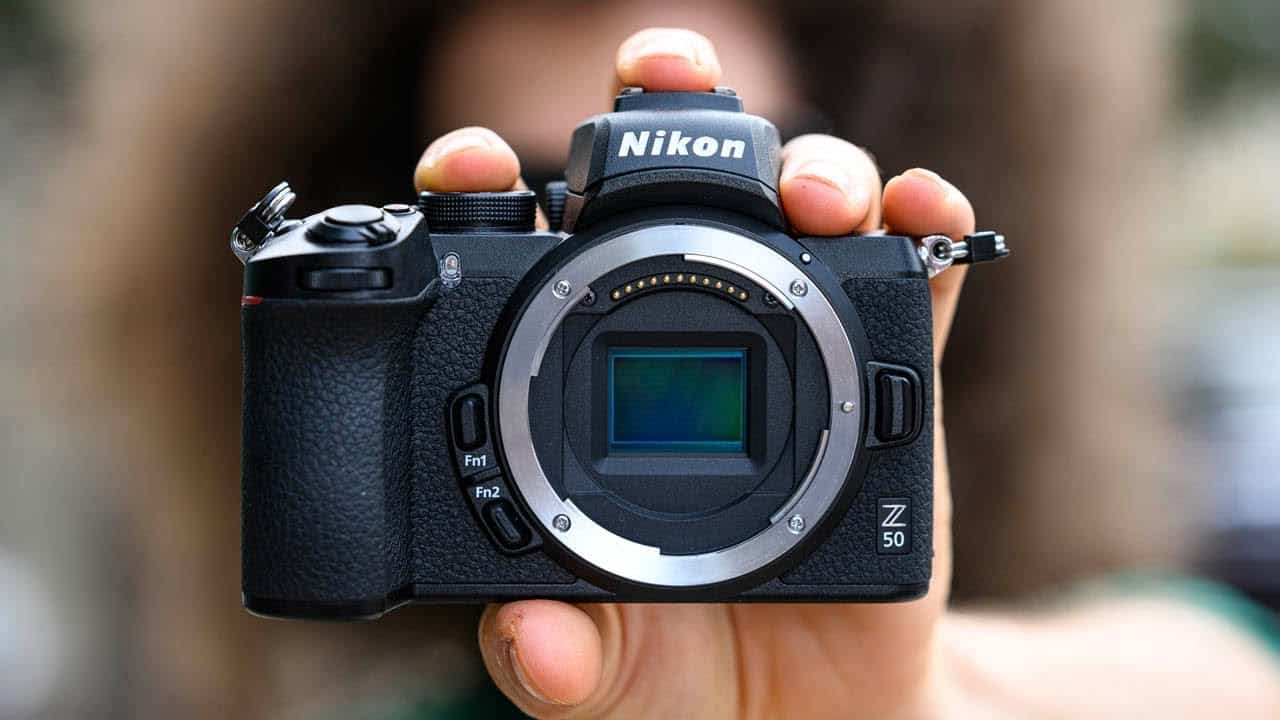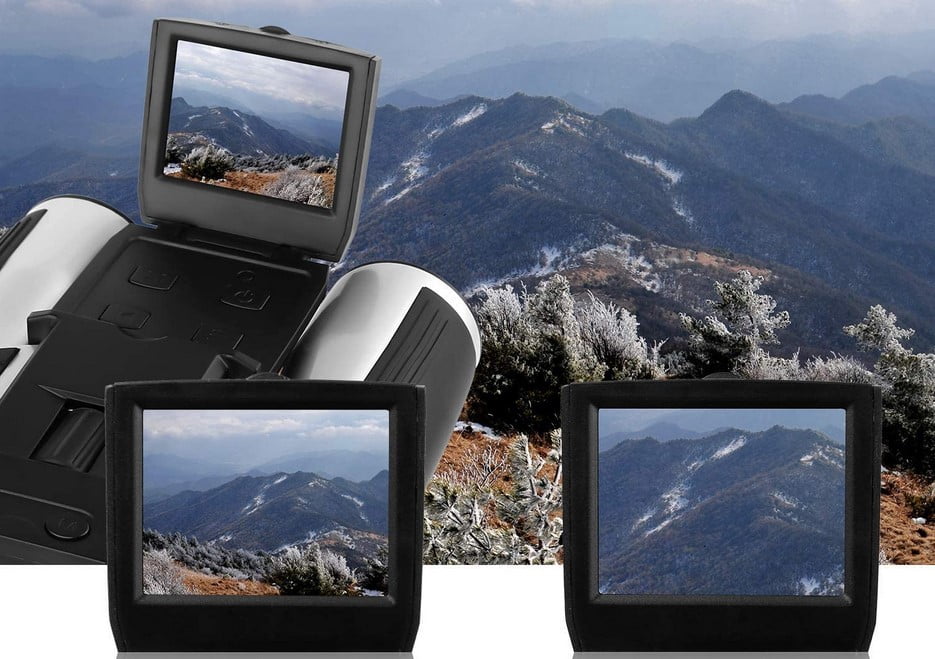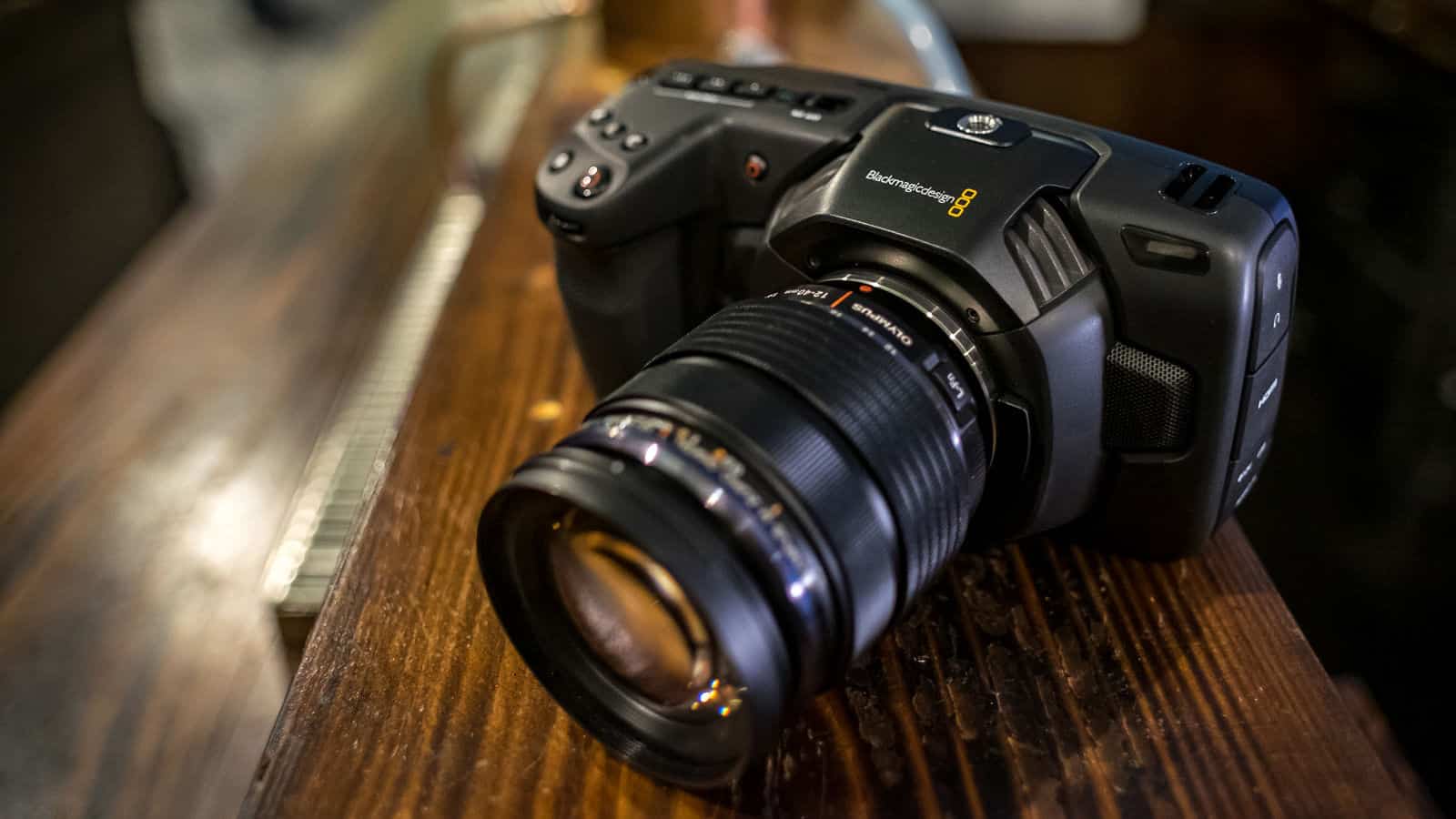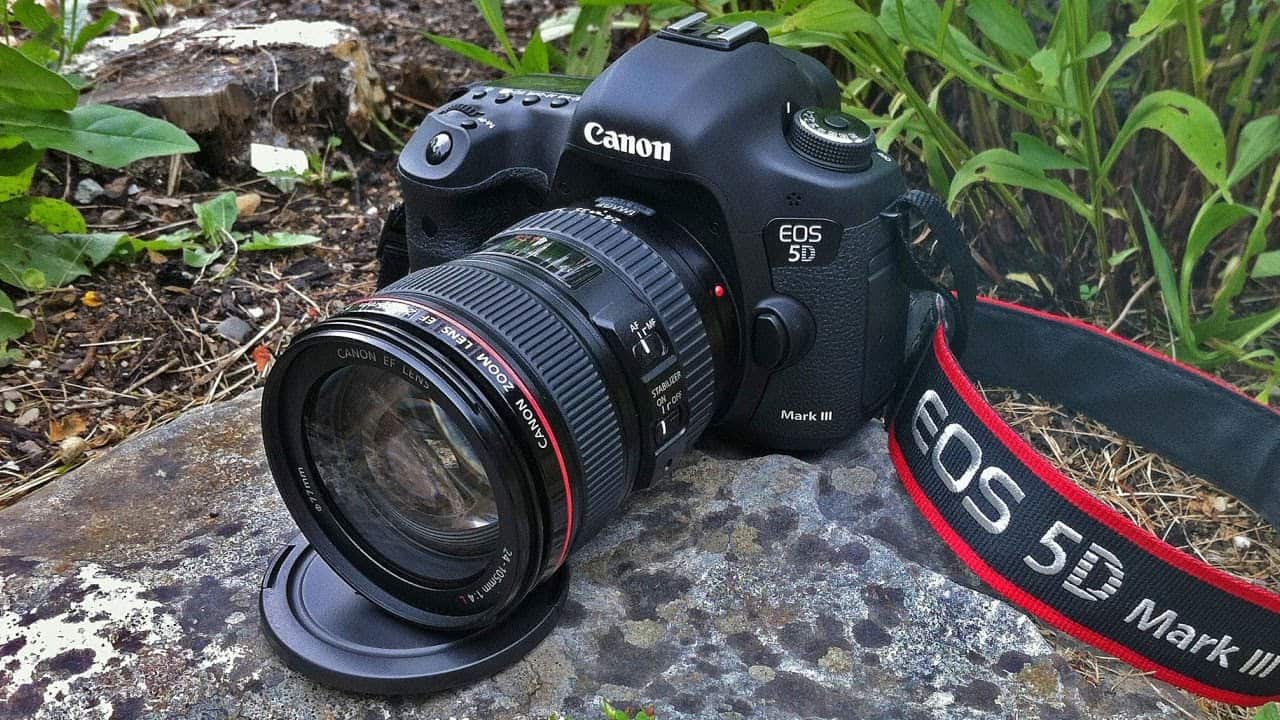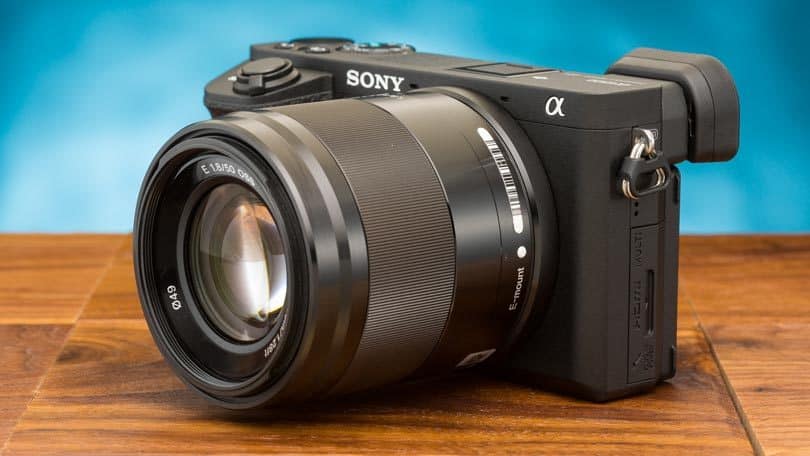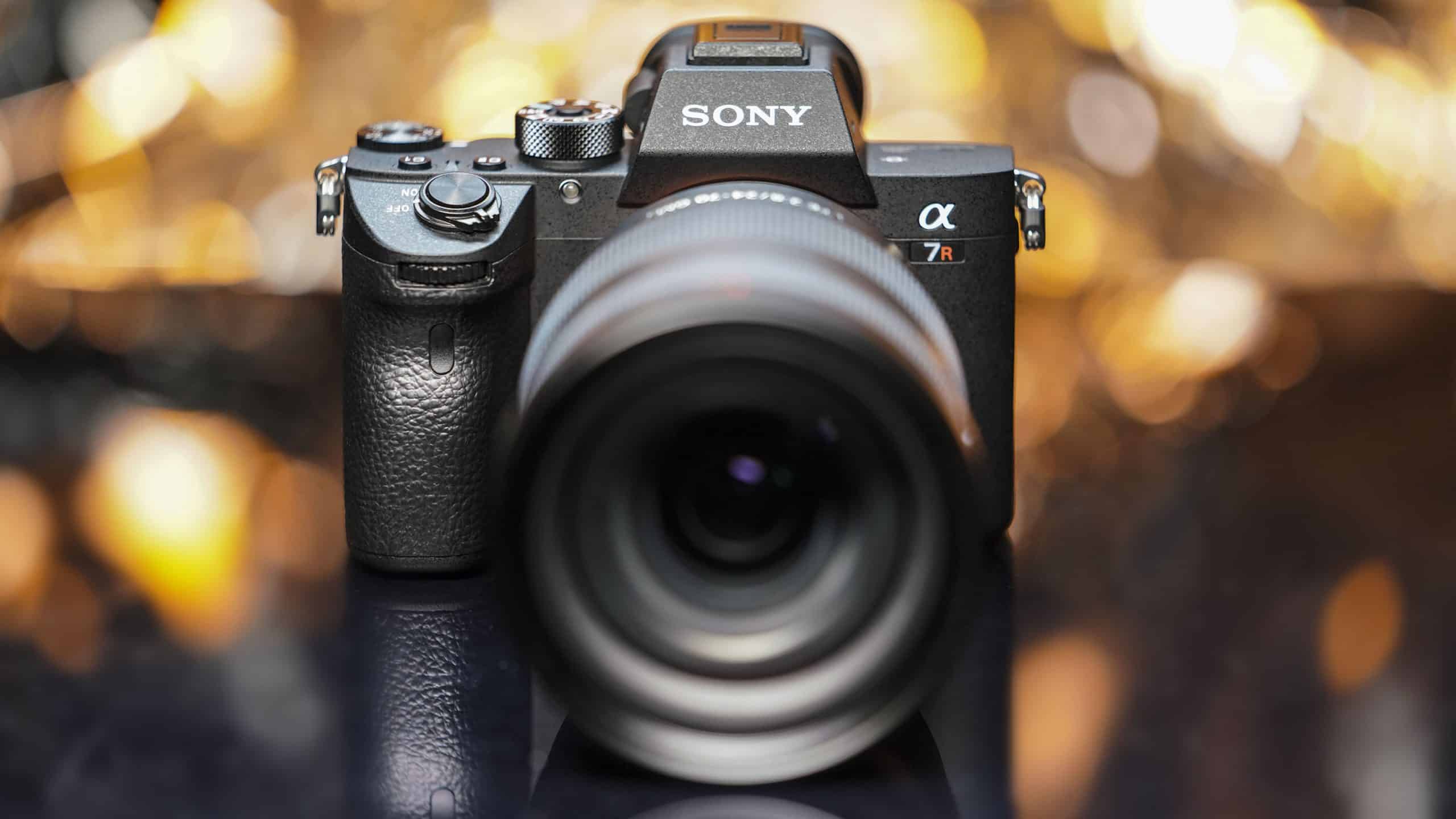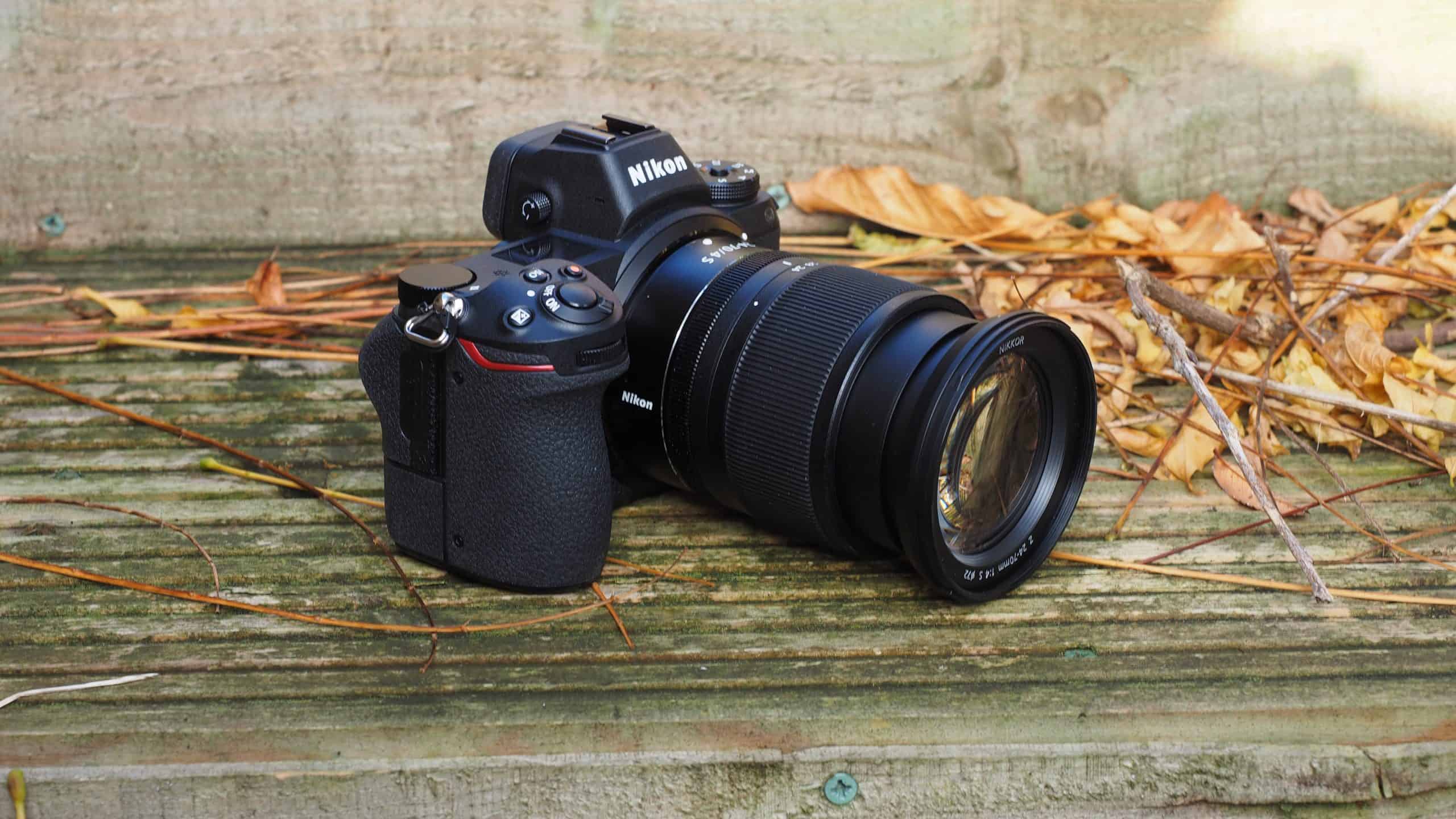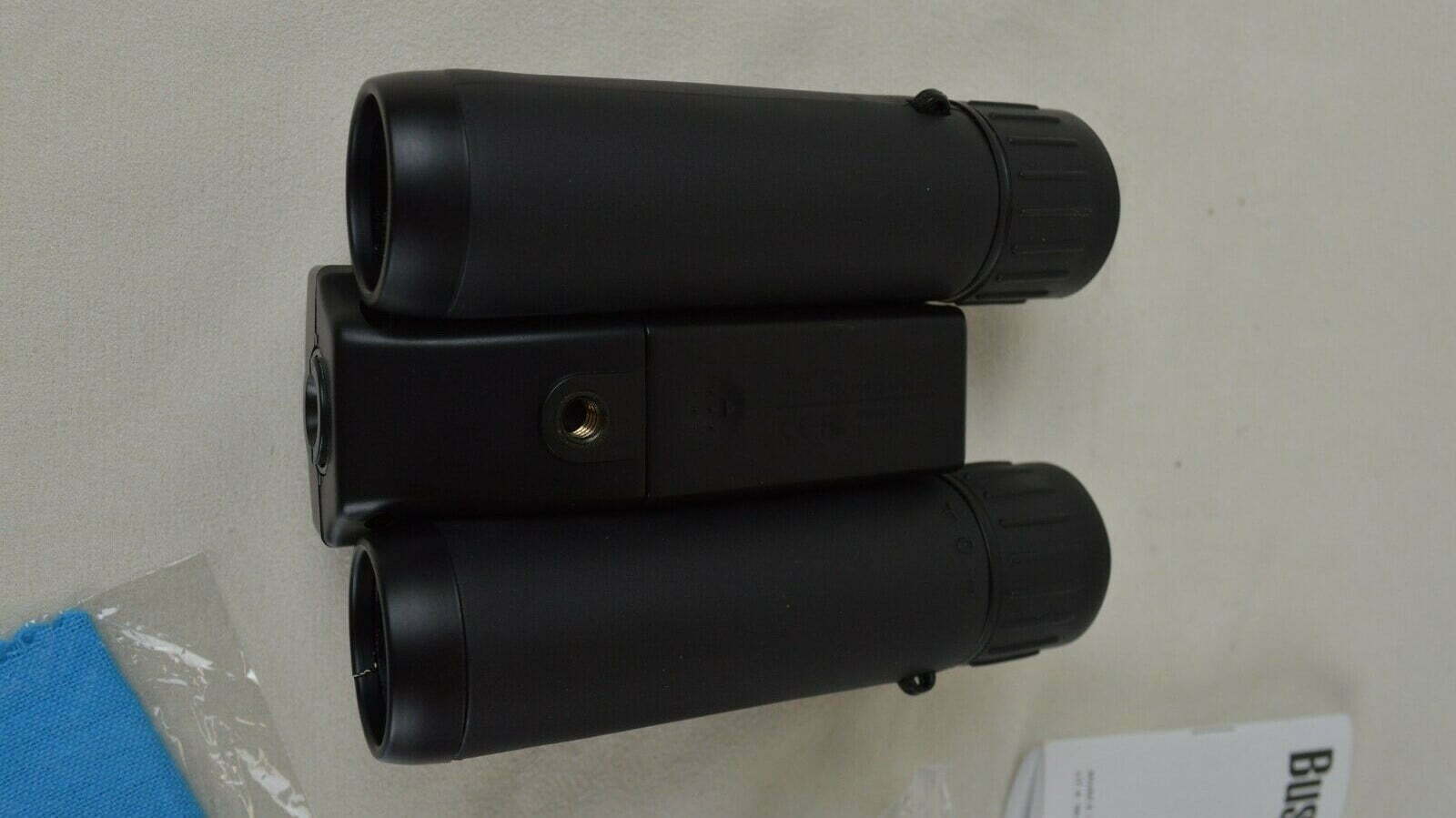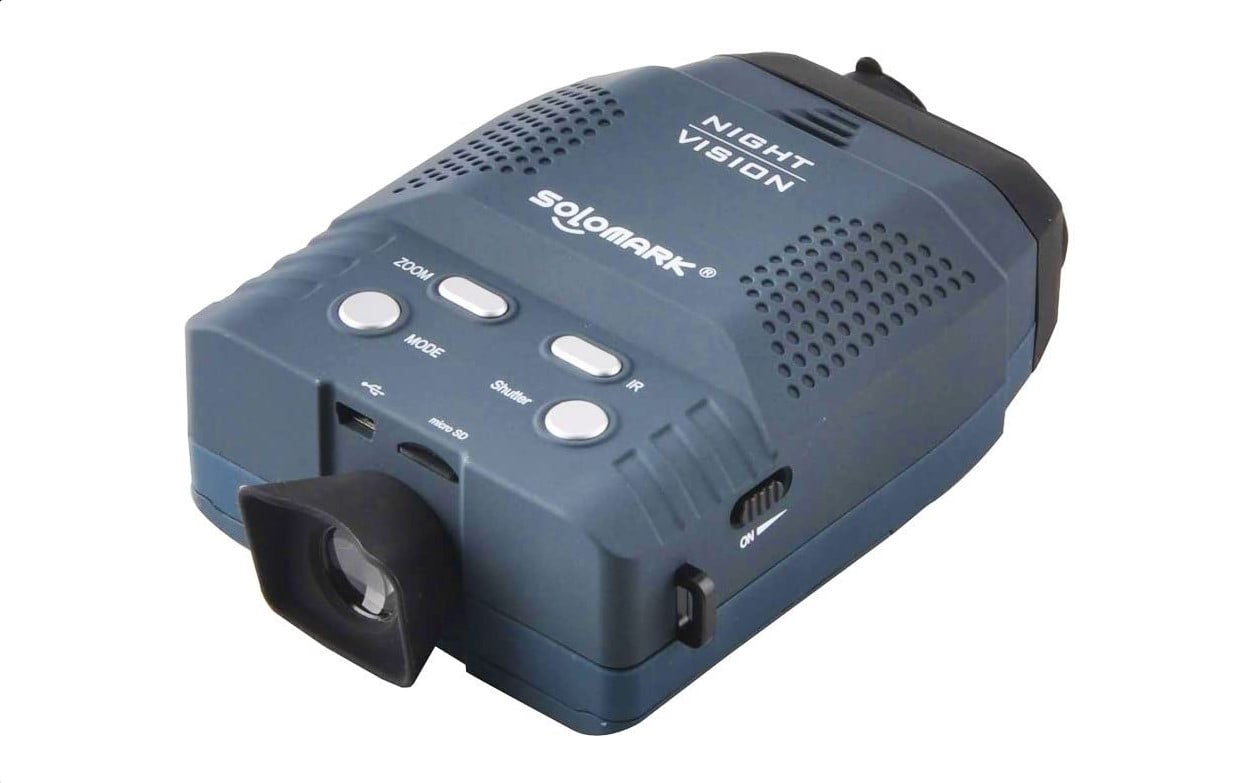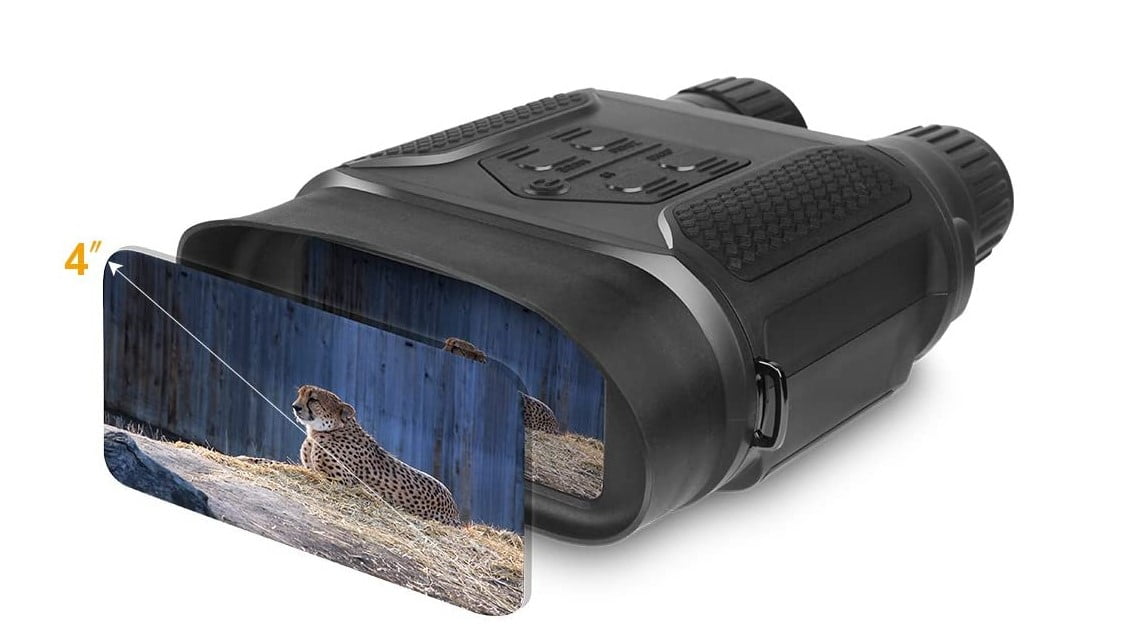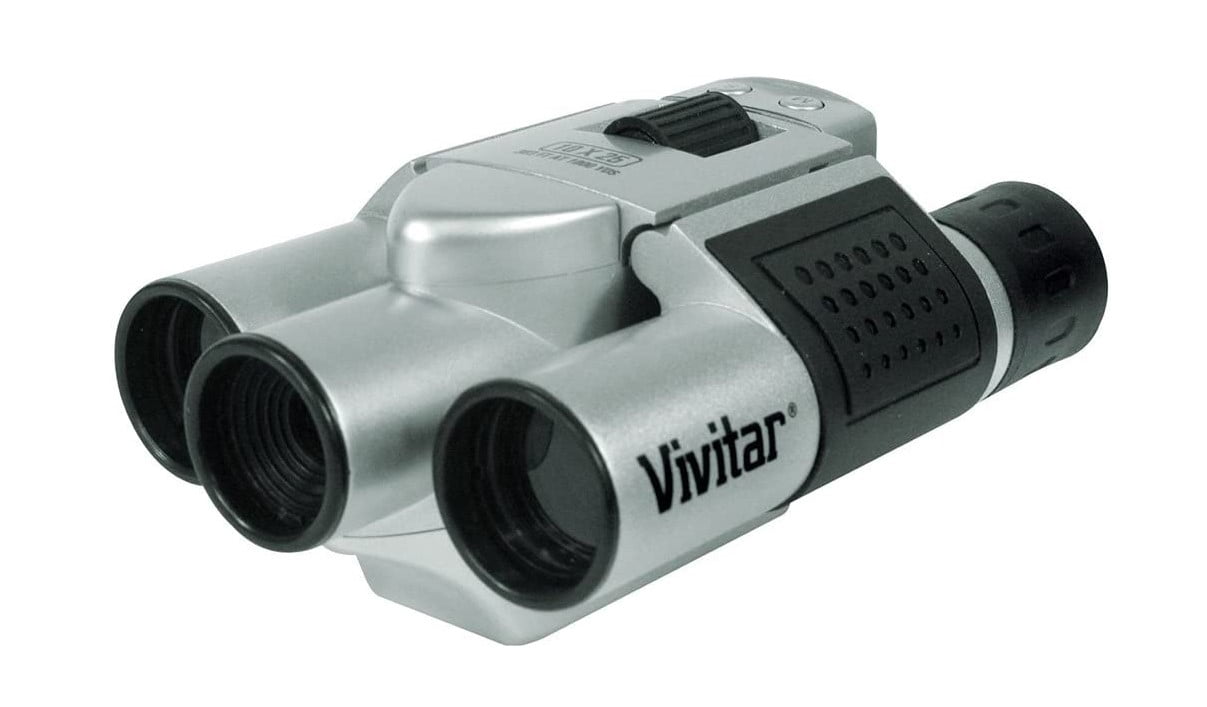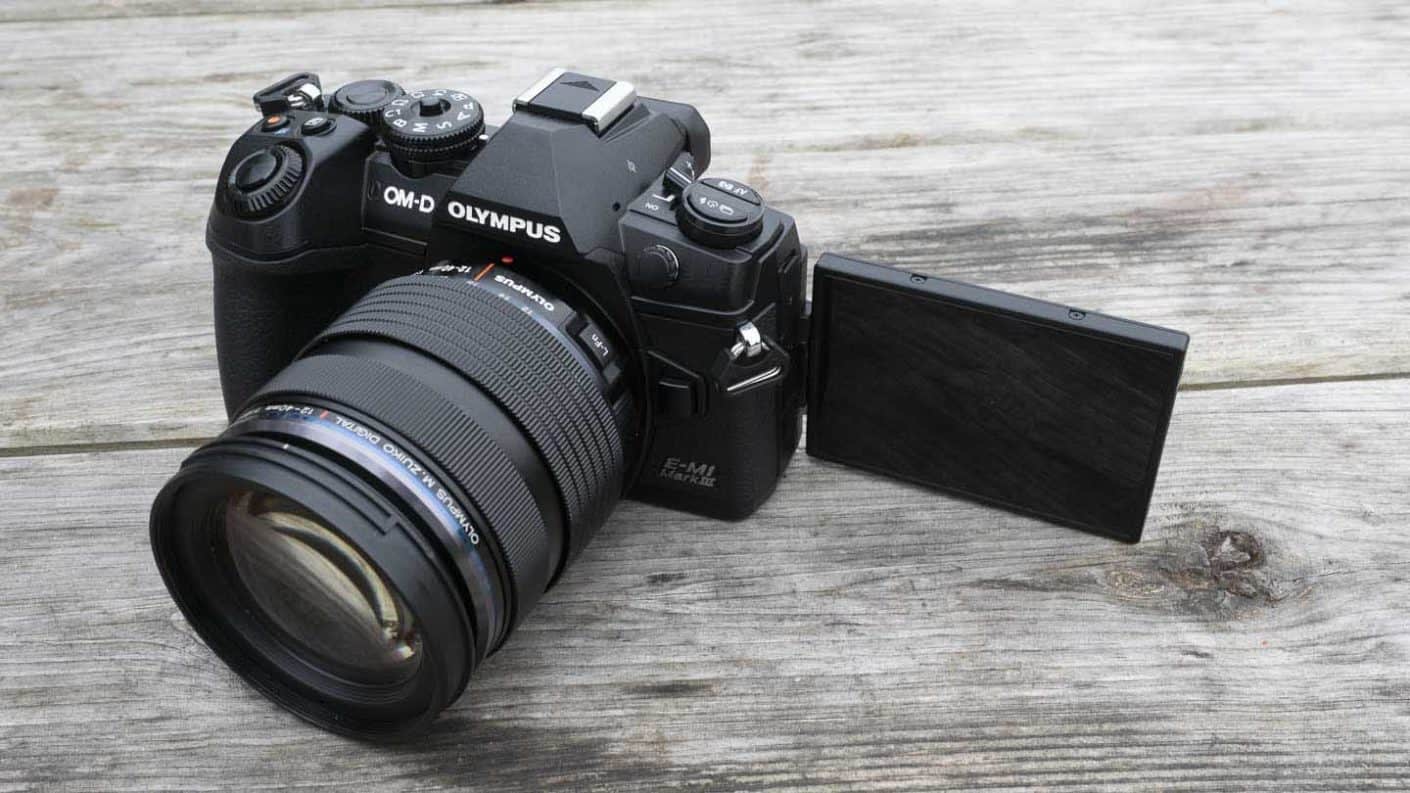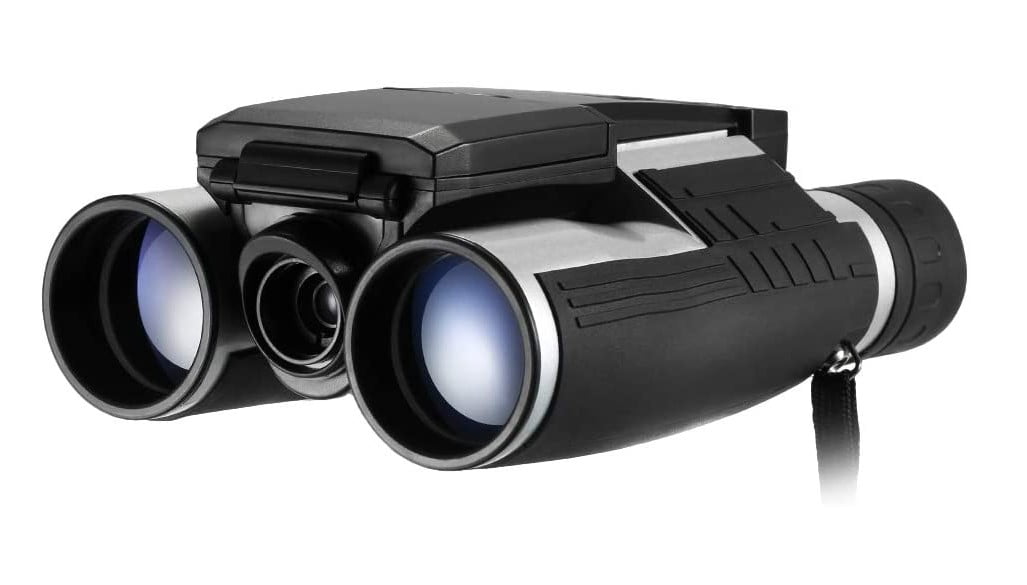Full frame cameras used to be out of the reach for most camera enthusiasts because of their high price. These days, however, you can find full-frame lenses and camera models at an affordable rate, making them available to more people. So, if you’ve recently found yourself asking what is the benefit of a full frame digital camera, we’re going to fill you in on the top five reasons photographers choose this camera option. Also, to help you make a fully informed decision, check out our picks for the best digital camera.
KEY TAKEAWAYS:
- There are several benefits to full frame cameras that make them worth their high price, such as high enough resolution to make mural or gallery-sized prints.
- The image sensor on a full frame camera is equivalent in size to 35mm film, so they capture the entire scene in crisp, clear detail without parts of the image being automatically cropped by the camera because it’s too big for the sensor.
- These cameras also come with many additional controls and features compared to other camera formats.
Five Benefits of a Full Frame Camera
They Don’t Crop the Field of View
A full frame image sensor is the same size as a traditional 35mm film, or 36x24mm. This is the standard sensor size in digital photography. It’s also 1.5 times larger than the crop sensor used in other camera formats.
Crop sensors literally cut out parts of the scene according to what will fit on the camera’s sensor. But, when you use a full-frame camera, you’ll capture the entire scene. For example, if you use a 50mm lens on a Full Frame camera, you will get a true 50mm field of view.
Insider Tip
Since full frame cameras have a higher number of megapixels, use a tripod to avoid camera shake because even the slightest movement will be noticeable in the final image.
You Have More Flexibility Between Resolution and Noise Control
Although you can have a 20MP image sensor on both cropped-sensor and full-frame sensor cameras, the size of the pixels on a full-frame sensor is larger. With larger pixels, cameras can produce better image quality at higher ISO sensitivities because they capture more light information with less noise.
A full-frame camera can also hold more details as ISO sensitivity increases in low-lit conditions. To learn more about how sensor size affects image quality, check out what is the average file size of a picture taken by a digital camera.
Full Frame Cameras Offer More Features
Full Frame cameras have more advanced bodies with added features compared to a typical APS-C camera. Besides firmware improvements, you also get additional controls and dials for enhanced weather sealing and manual shooting. The larger camera body also boasts longer-life batteries.
Moreover, full frame cameras offer faster, more efficient, better autofocus performance in low light, and a larger and brighter optical viewfinder. If you are an older person looking for a more suitable camera, check out what is the easiest digital camera to use for seniors.
You Can Produce Oversize Images
Since full-frame sensors record extra light information at every pixel point, you can capture large RAW image files that can be blown up to exhibition sizes. For example, you can print a 40” x 60” photo without compromising image detail or quality. This makes them a favorite among photographers who print large photo murals or billboards.
F.A.Q.S
Will buying a full-frame camera make me a better photographer?
No. There’s a famous quote that says, “skill in photography is not acquired by purchase but by practice.” You do not need a full-frame camera to capture beautiful images because you can get quality shots with a new crop-sensor camera. But if you are an experienced photographer, switching to a full frame camera can benefit your craft.
What does APS-C stand for?
APS-C is an abbreviation for Advanced Photo System type-C. APS-C is an image sensor format equal to the APS film negative size in its C (Classic) format of 25.1×16.7mm, which is a 3:2 aspect ratio.
What is the main advantage of full-frame mirrorless cameras?
A full frame mirrorless camera offers greater flexibility in terms of achieving a shallower depth of field, making it easier to achieve this effect than with a cropped-sensor body.
STAT: In 2019, mirrorless cameras represented approximately 23% of Canon’s shipments of interchangeable-lens cameras. (source)
REFERENCES:
- https://en.wikipedia.org/wiki/Full-frame_DSLR
- https://www.canon.com.cy/cameras/full-frame-cameras/
- https://www.youtube.com/watch?v=8rZjljYA9Uo&ab_channel=TheTechMagr
- https://www.youtube.com/watch?v=9yW42xtZTZA&ab_channel=SpyrosHeniadis
- https://www.sony.com/electronics/support/res/manuals/W000/W0008285M.pdf















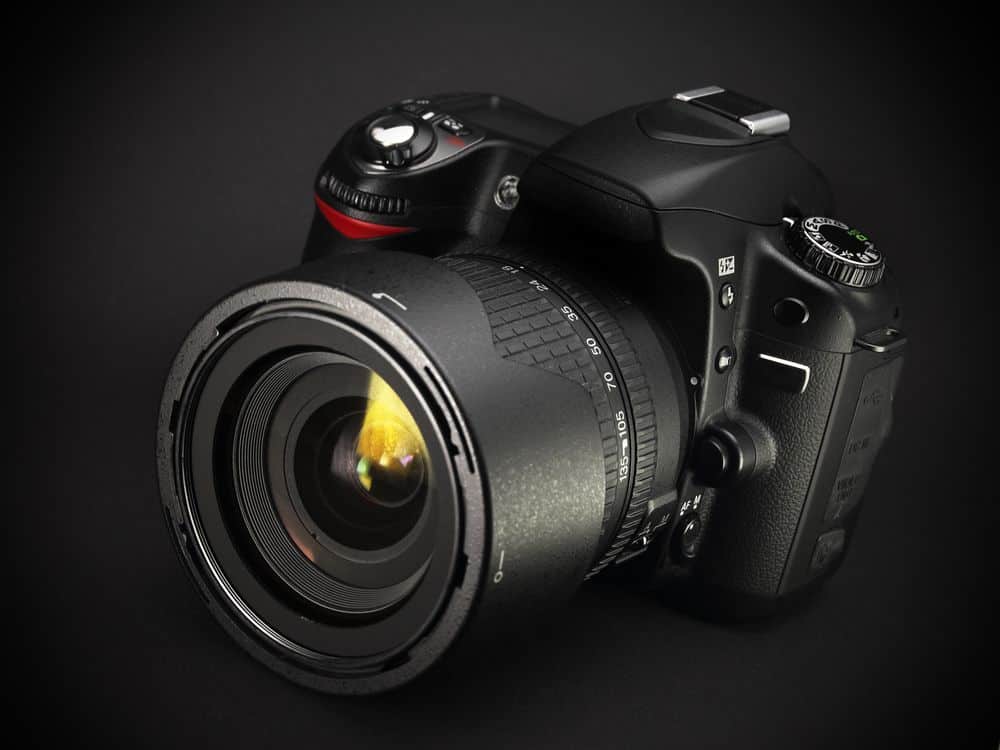


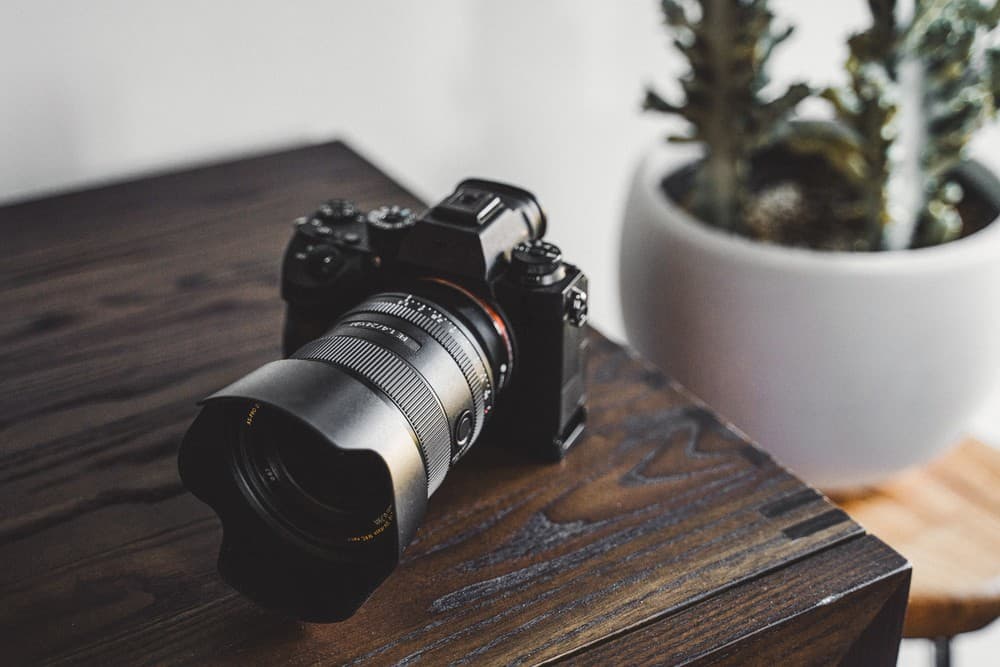

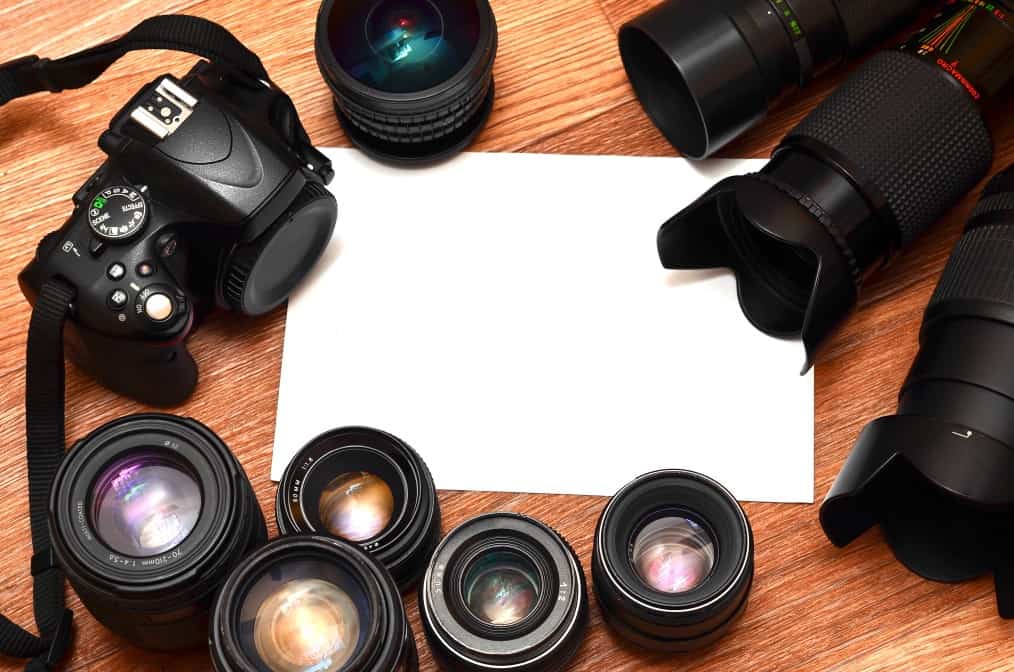

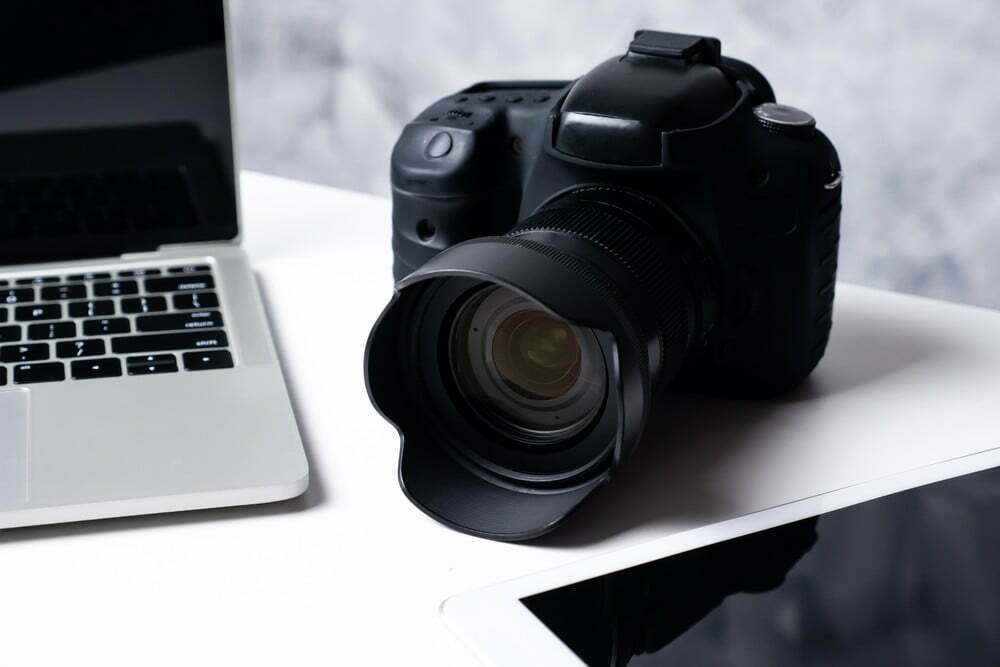




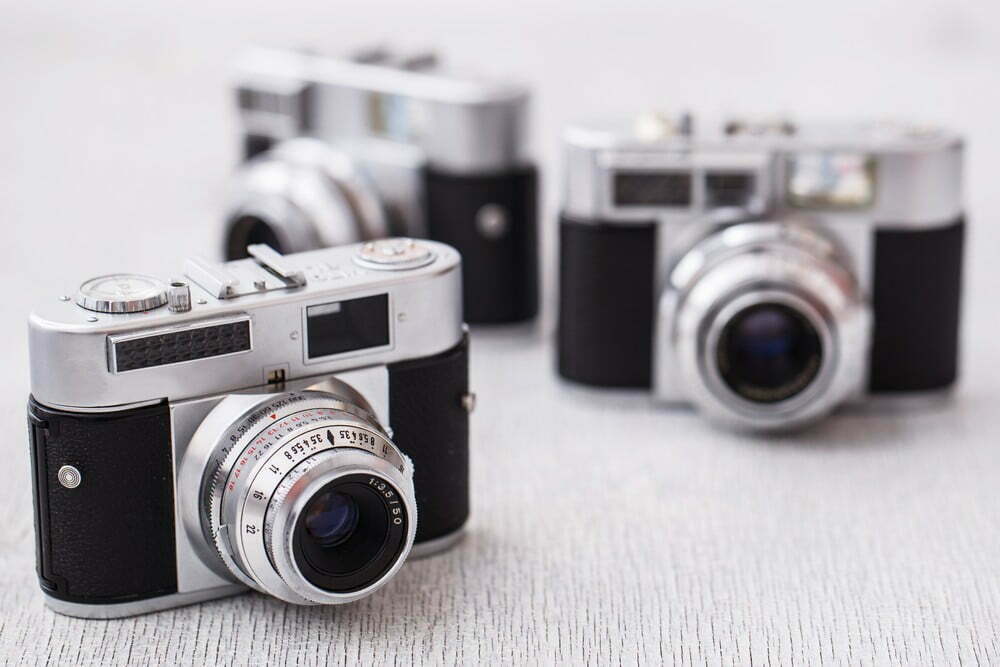
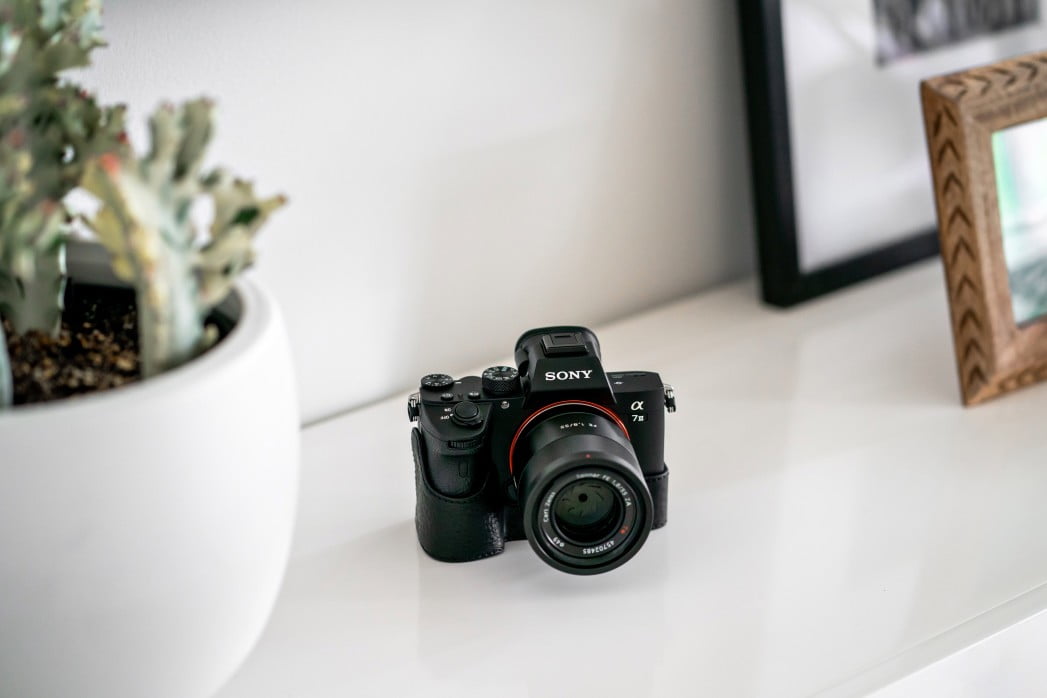






![Best Point and Shoot Camera in [year] ([month] Reviews) 27 Best Point and Shoot Camera in 2025 (October Reviews)](https://www.gadgetreview.dev/wp-content/uploads/Nikon-Coolpix-B500.jpg)
![Best Underwater Camera in [year] ([month] Reviews) 28 Best Underwater Camera in 2025 (October Reviews)](https://www.gadgetreview.dev/wp-content/uploads/best-underwater-camera-image.jpg)
![Best Digital Cameras in [year] ([month] Reviews) 29 Best Digital Cameras in 2025 (October Reviews)](https://www.gadgetreview.dev/wp-content/uploads/what-is-resolution-on-digital-camera-1.jpg)
![Best Digital Camera Docking Stations in [year] 30 Best Digital Camera Docking Stations in 2025](https://www.gadgetreview.dev/wp-content/uploads/best-digital-camera-docking-stations-image.jpg)
![Best Vlogging Camera in [year] ([month] Reviews) 31 Best Vlogging Camera in 2025 (October Reviews)](https://www.gadgetreview.dev/wp-content/uploads/best-vlogging-camera-image.jpg)
![Best Mirrorless Camera in [year] ([month] Reviews) 32 Best Mirrorless Camera in 2025 (October Reviews)](https://www.gadgetreview.dev/wp-content/uploads/best-mirrorless-camera-image.jpg)
![Best GoPro in [year] ([month] Reviews) 33 Best GoPro in 2025 (October Reviews)](https://www.gadgetreview.dev/wp-content/uploads/best-gopro-image.jpg)
![Best Canon Digital Cameras in [year] 34 Best Canon Digital Cameras in 2025](https://www.gadgetreview.dev/wp-content/uploads/best-canon-digital-cameras-image.jpg)
![Best Digital Camera Tripods in [year] 35 Best Digital Camera Tripods in 2025](https://www.gadgetreview.dev/wp-content/uploads/best-digital-camera-tripods-image.jpg)
![Best Polaroid Digital Cameras in [year] 36 Best Polaroid Digital Cameras in 2025](https://www.gadgetreview.dev/wp-content/uploads/best-polaroid-digital-cameras-image.jpg)
![Best Small Digital Camera Cases in [year] 37 Best Small Digital Camera Cases in 2025](https://www.gadgetreview.dev/wp-content/uploads/best-small-digital-camera-case-image.jpg)
![Best Digital Camera USB Cables in [year] 38 Best Digital Camera USB Cables in 2025](https://www.gadgetreview.dev/wp-content/uploads/best-digital-camera-usb-cable-image.jpg)
![Best Digital Camera Bags in [year] 39 Best Digital Camera Bags in 2025](https://www.gadgetreview.dev/wp-content/uploads/best-digital-camera-bag-image.jpg)
![Best Sony Digital Cameras in [year] 40 Best Sony Digital Cameras in 2025](https://www.gadgetreview.dev/wp-content/uploads/best-sony-digital-cameras-image.jpg)
![Best Digital Camera Accessories in [year] 41 Best Digital Camera Accessories in 2025](https://www.gadgetreview.dev/wp-content/uploads/best-digital-camera-accessories-image.jpg)
![Best Kodak Digital Cameras in [year] 42 Best Kodak Digital Cameras in 2025](https://www.gadgetreview.dev/wp-content/uploads/best-kodak-digital-cameras-images.jpg)
![Best Panasonic Digital Cameras in [year] 43 Best Panasonic Digital Cameras in 2025](https://www.gadgetreview.dev/wp-content/uploads/best-panasonic-digital-cameras-image.jpg)
![Best Video Cameras in [year] ([month] Reviews) 44 Best Video Cameras in 2025 (October Reviews)](https://www.gadgetreview.dev/wp-content/uploads/best-video-cameras-image.jpg)
![Best Compact Cameras in [year] 45 Best Compact Cameras in 2025](https://www.gadgetreview.dev/wp-content/uploads/best-compact-camera-image.jpg)
![Best Digital Cameras with Wifi in [year] 46 Best Digital Cameras with Wifi in 2025](https://www.gadgetreview.dev/wp-content/uploads/best-digital-camera-with-wifi-image.jpg)
